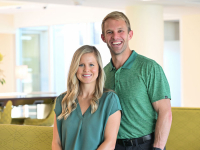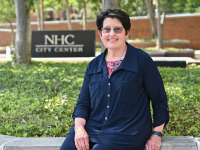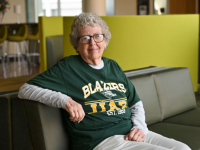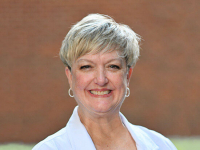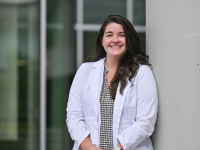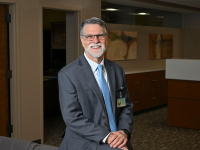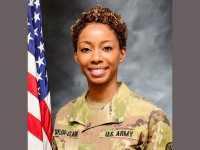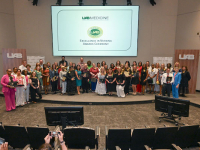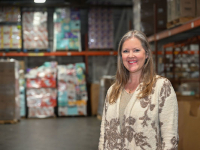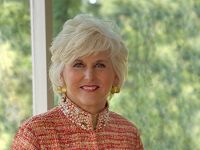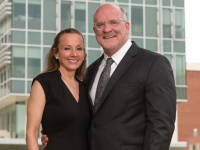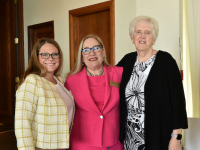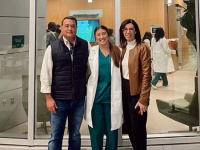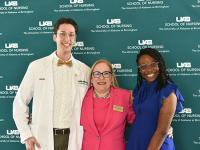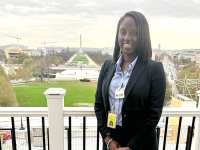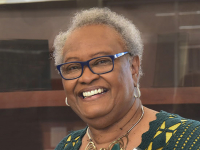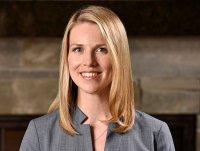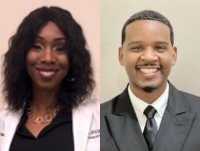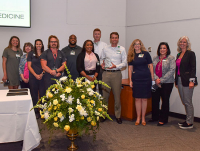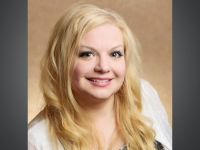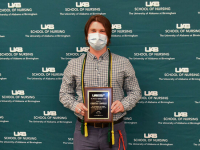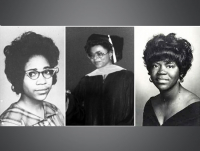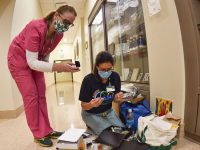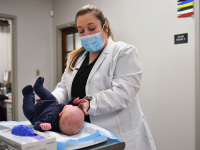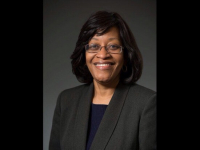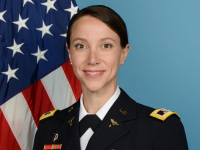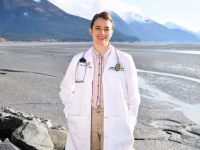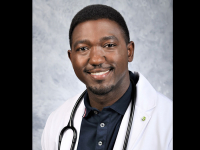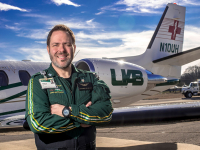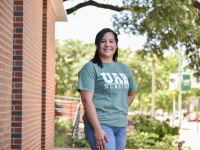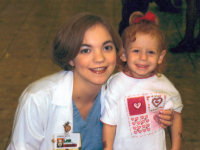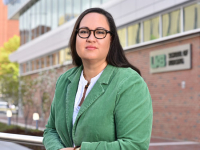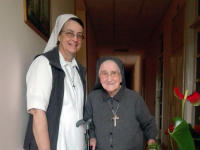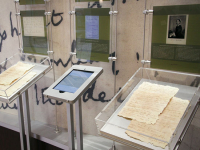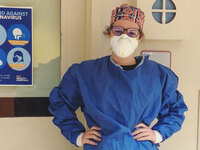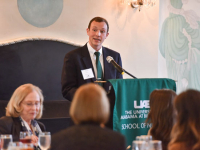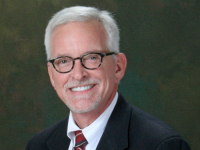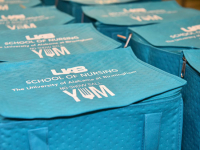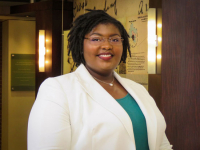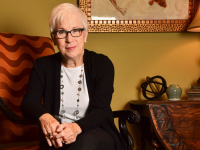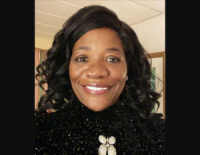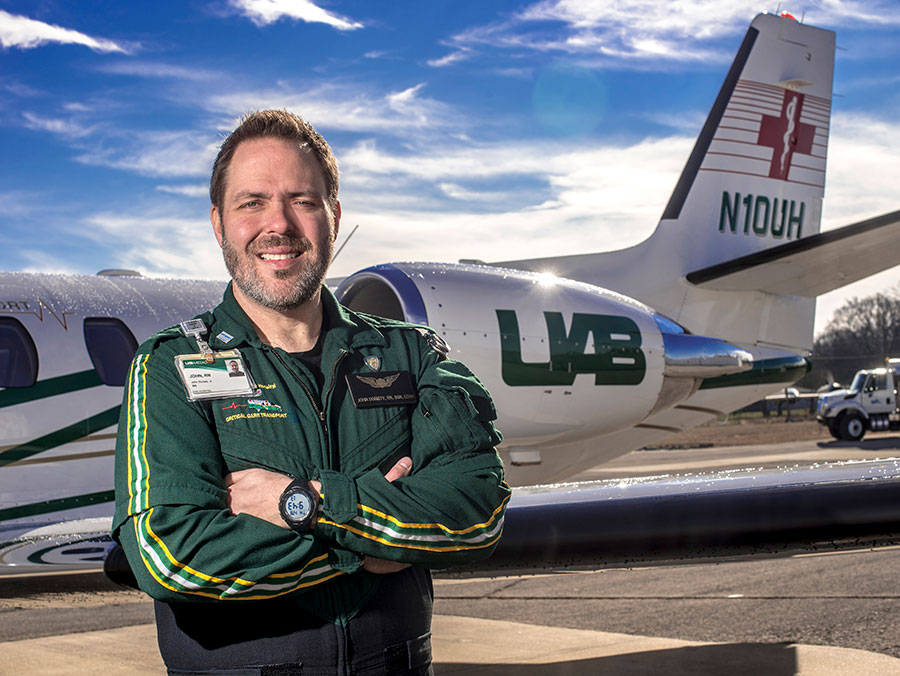 While the COVID-19 pandemic has presented challenges, University of Alabama at Birmingham School of Nursing alumnus John Doriety, RN, has risen to those challenges and hit a significant professional milestone. Doriety, who received his bachelor’s of science in nursing from UAB in 1998, recently completed his 3,000th career medical transport for the Critical Care Transport Service at UAB Hospital.
While the COVID-19 pandemic has presented challenges, University of Alabama at Birmingham School of Nursing alumnus John Doriety, RN, has risen to those challenges and hit a significant professional milestone. Doriety, who received his bachelor’s of science in nursing from UAB in 1998, recently completed his 3,000th career medical transport for the Critical Care Transport Service at UAB Hospital.
Doriety has been with the CCT team for 20 years and holds the record for the most medical transports in program history—and he doesn’t plan on slowing down anytime soon.
“It was definitely a milestone,” Doriety said. “I was kind of counting up to it and anxiously anticipating it, but now that I’ve reached it, I am looking forward to completing 4,000 career medical transports.”
Doriety and the CCT team transport patients in the United States and worldwide who require transportation from one medical facility to another. The CCT provide jet aircraft-based intensive care units (ICU) during long-distance transports and utilize three mobile ICU vehicles for local transports. Each medical transport team includes an ICU registered nurse, a registered respiratory therapist and physicians, if needed, that are all especially trained in aeromedical physiology. Since its first transport in 1983, the UAB CCT has served more than 48,000 patients across 46 states and 38 countries—with more than 3,000 of those transports coming from Doriety.
Doriety said his education at the UAB School of Nursing allowed him to have first-hand experience in the field and prepared him to always expect the unexpected—which still helps in his job today. He also credits his success to UAB’s ongoing mission to providing health care to communities in need via telemedicine, as well as simply being at the right place at the right time.
“UAB has a lot to offer both as a community and as a regional leader in medicine,” he said. “There are facilities that are very rural and have limited access to advanced health care needs, and some hospitals may not have immediate access to a ventilator. Through Critical Care Transport, we are able to bring UAB medicine’s vast resources to the communities that need it most.”
And while all the accolades are nice, Doriety said that he isn’t the main star.
“Our department are the roadies for the real rock stars in the hospital. We love to support those people on the front lines and many of which don’t have reliable access to technology and healthcare service,” he said. “Bringing in additional patient populations such as working with our Legacy of Hope Colleagues on organ procurement transports have been a recent highlight to my job. Having donors transported to Legacy of Hope versus our surgery team going out and performing these surgeries outside of our facilities makes a big difference in the organ procurement to transplant timeline.”
As he reflects on thousands of career transports, one stands out. In 2016, Doriety was the first U.S. aircraft to fly a new route over Cuban airspace as he traveled to Guantanamo Bay, Cuba to transport a patient back to the United States. The trip took place after a devastating earthquake hit the nearby island of Haiti, and he ended up saving 30 minutes flight time with the new route—a critical amount in emergency patient care. This new medevac flight path was followed by many air ambulances afterward.
Doriety and his family have stayed safe during the COVID-19 pandemic, and even with the unexpected changes from the past year, Doriety said he is thankful for UAB’s efforts in combating the pandemic and continuing quality patient care.
“If anything comes out of this, and UAB is notorious for this, it will be innovation in the face of adversity,” he said. “The challenges of the pandemic will spark a tremendous amount of innovation in our industry, and I am hoping that the air ambulance industry will continue to adapt the clinical treatment of patients and how we approach hospital facilities transports.”
Doriety hasn’t kept count of the miles he has logged with the CCT, but said that growing with the CCT has been a unforgettable gift. With under seven years left until retirement, Doriety said he still has a lot in the tank and looks forward to additional opportunities to care for patients, bringing UAB’s resources to patients in need.


